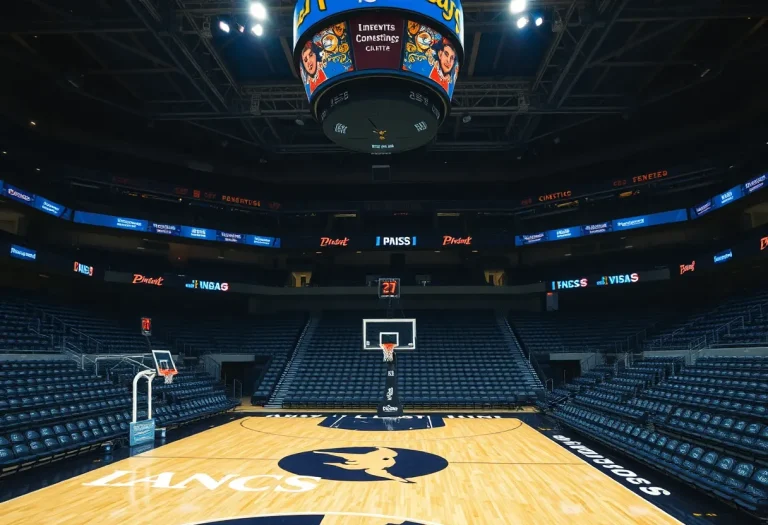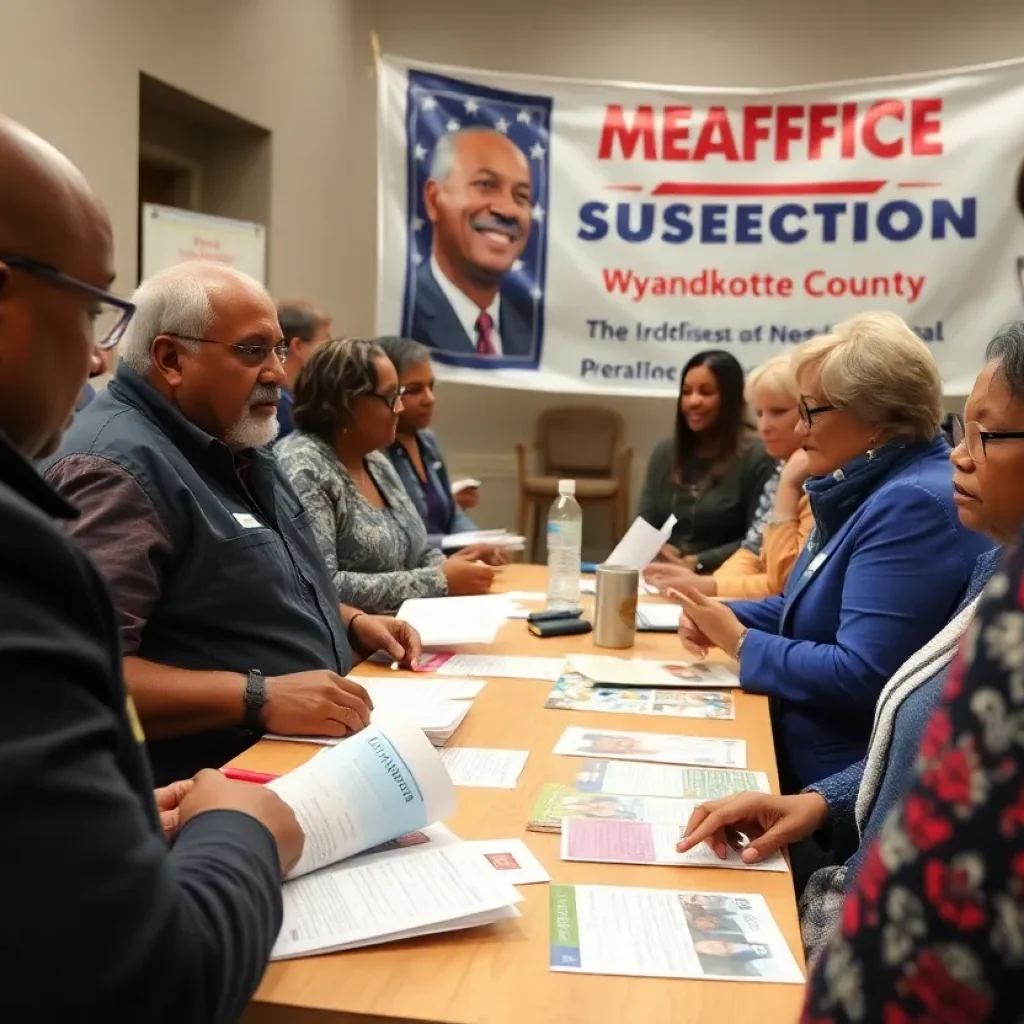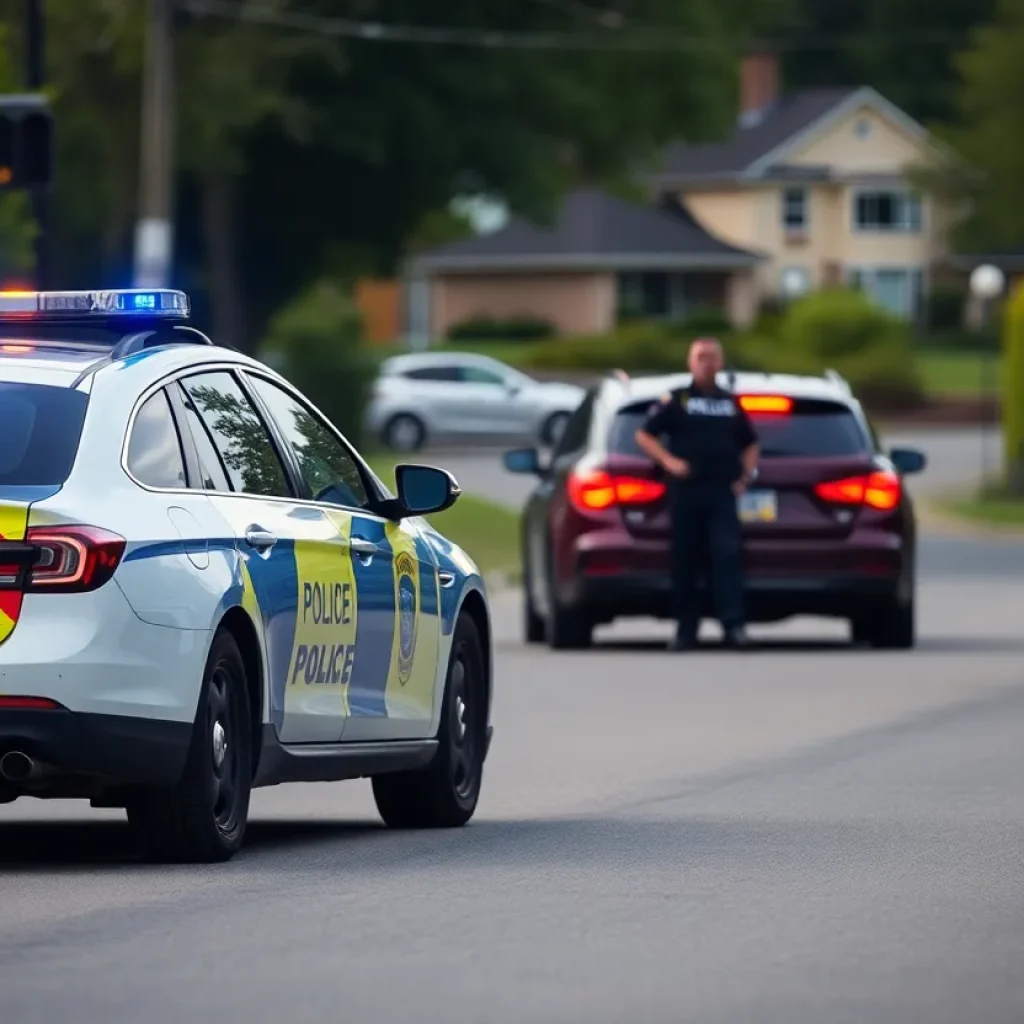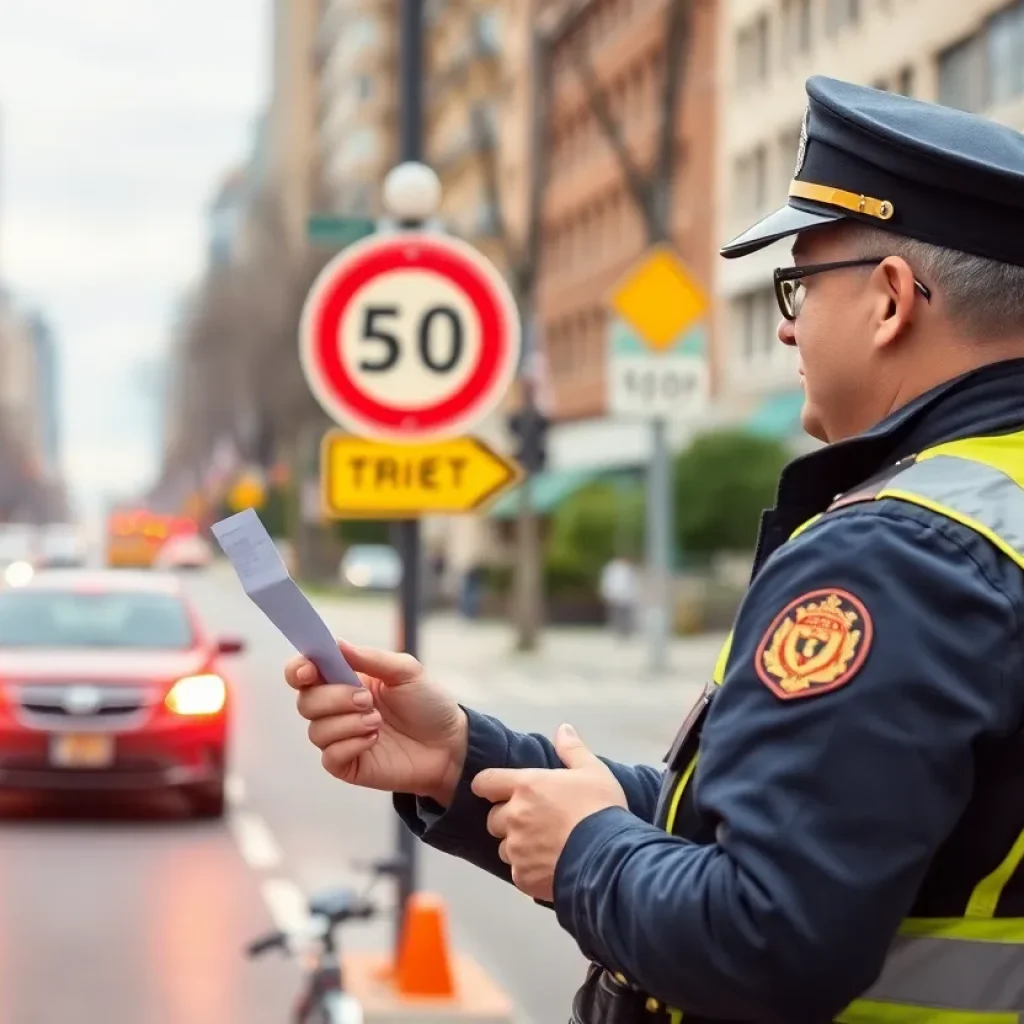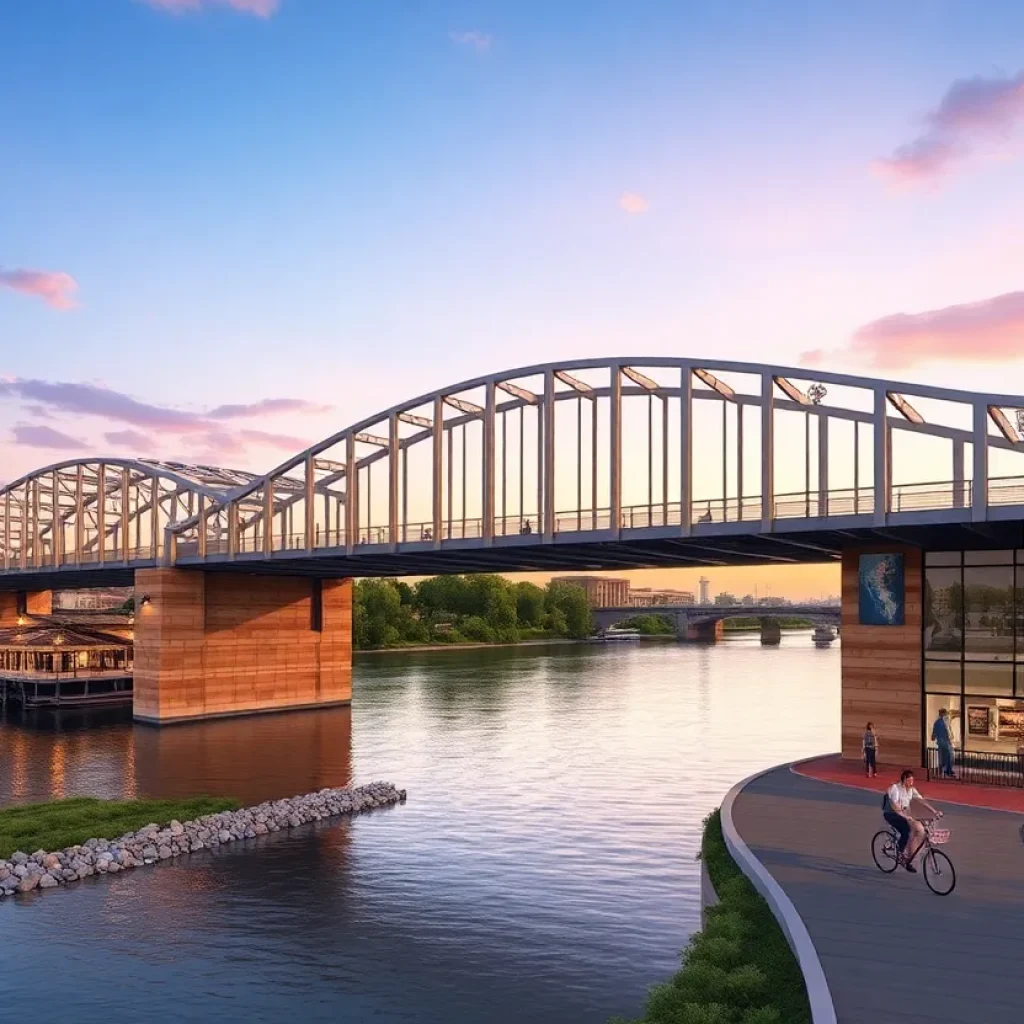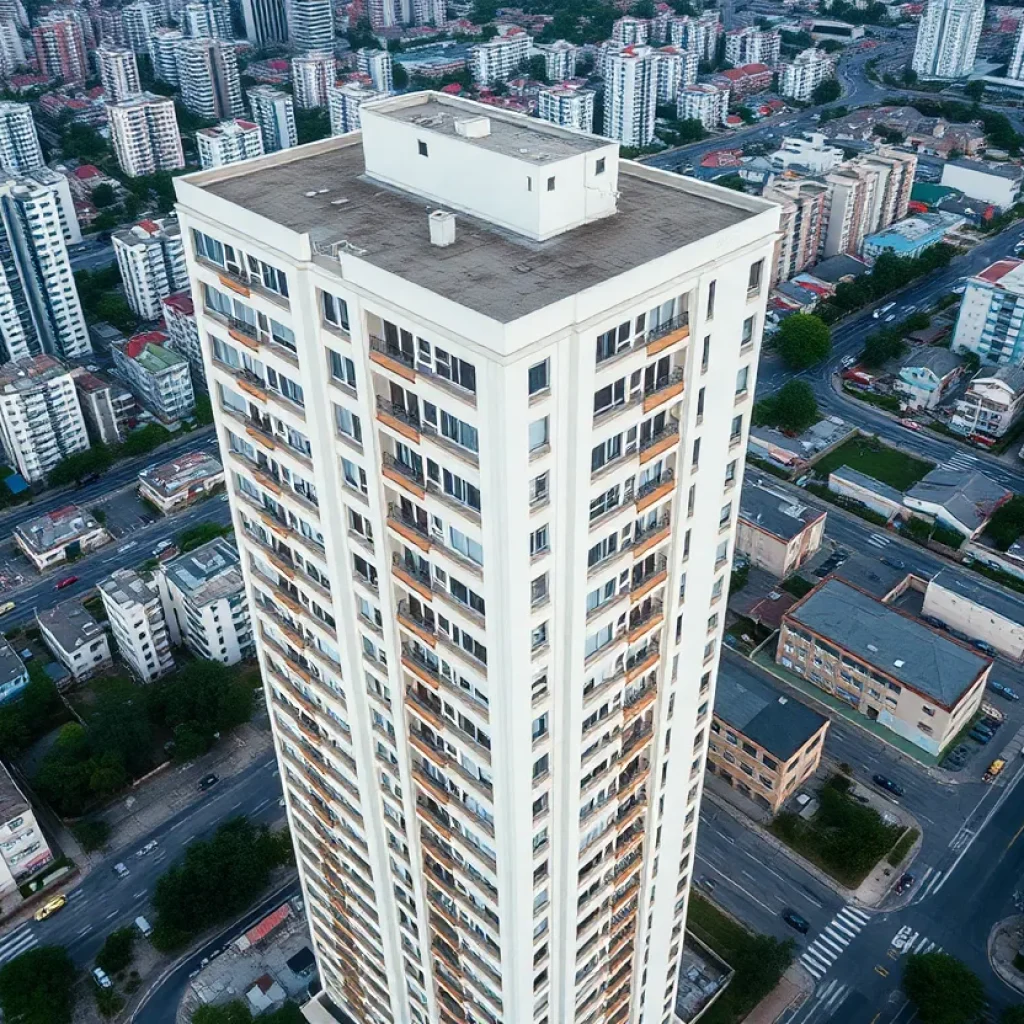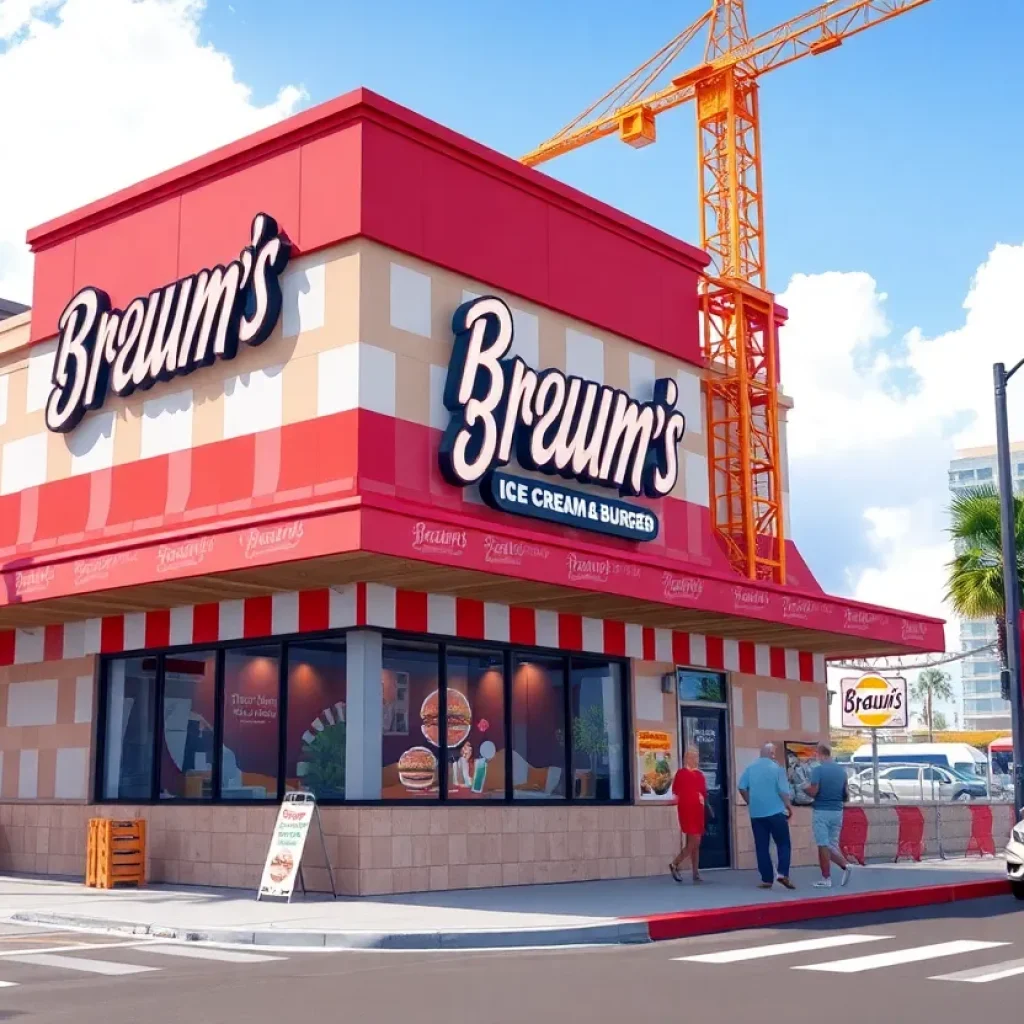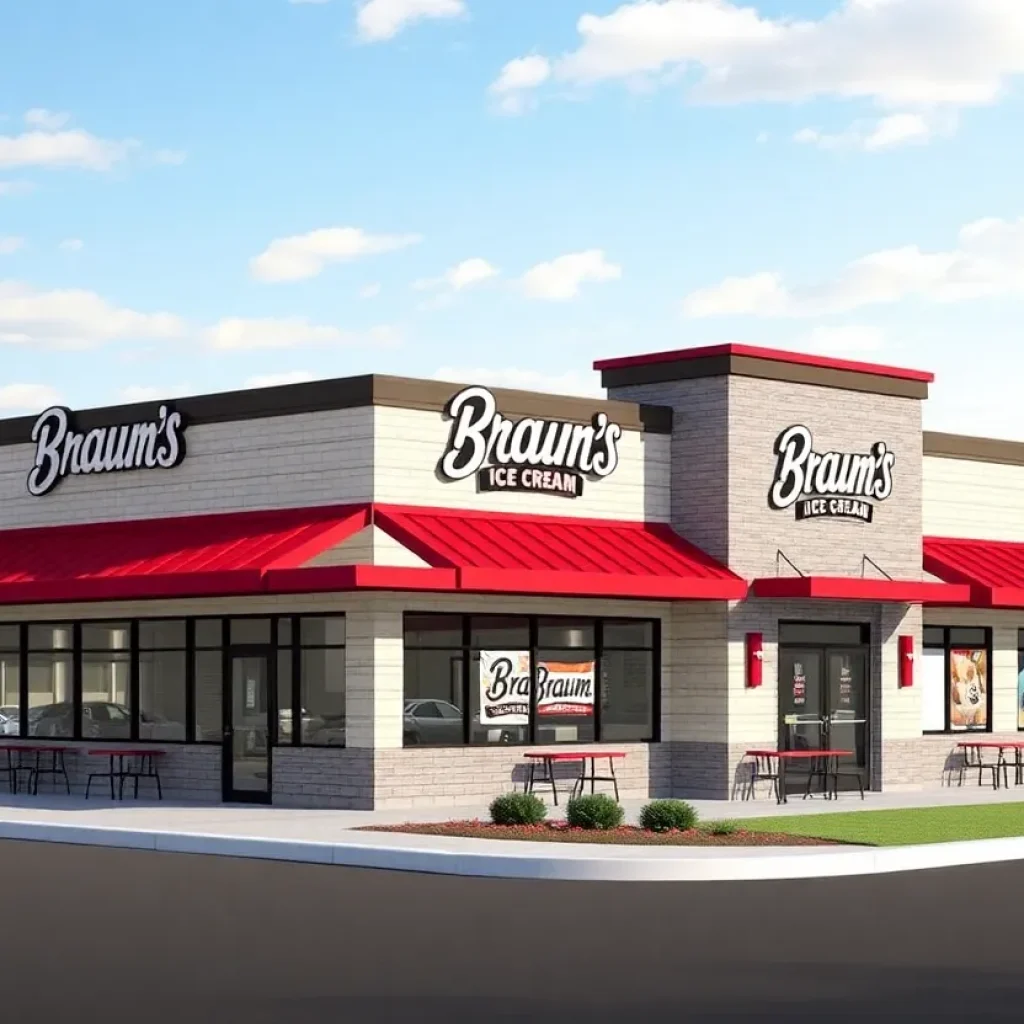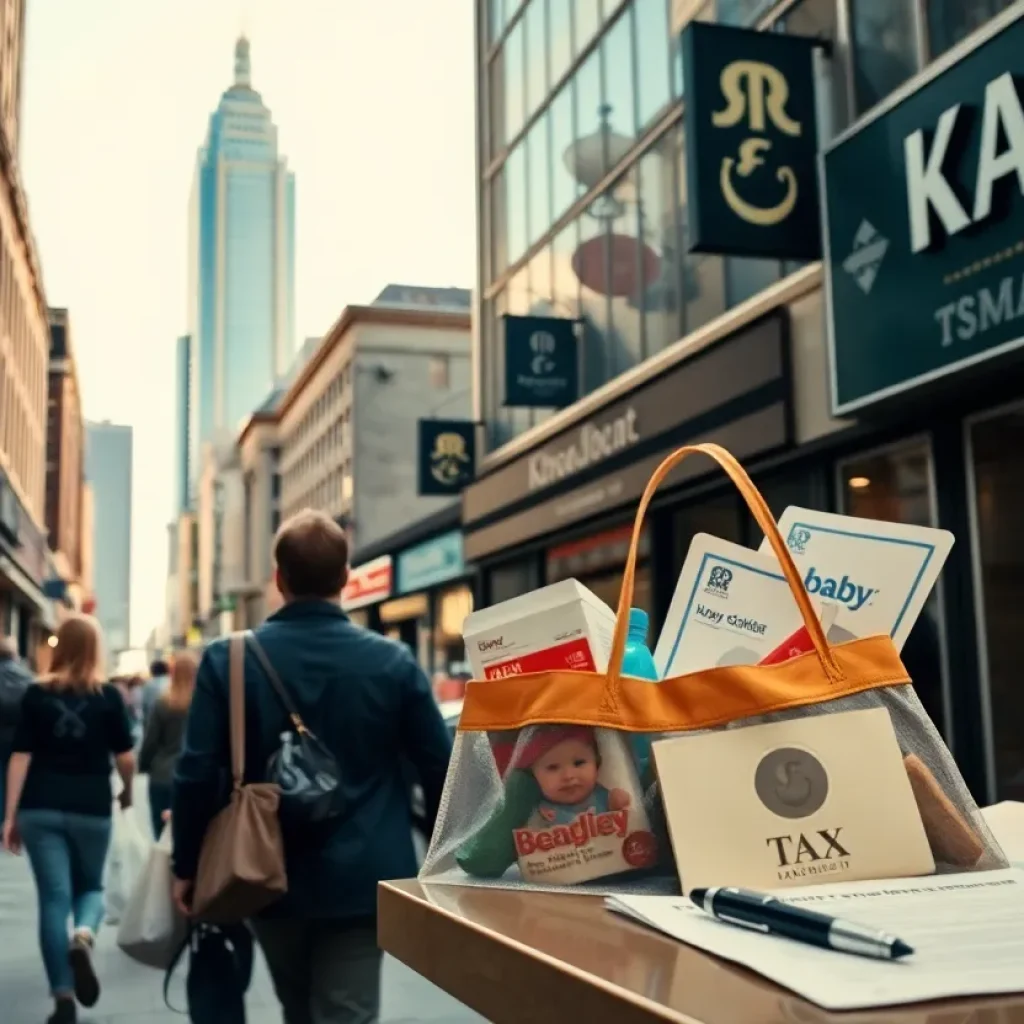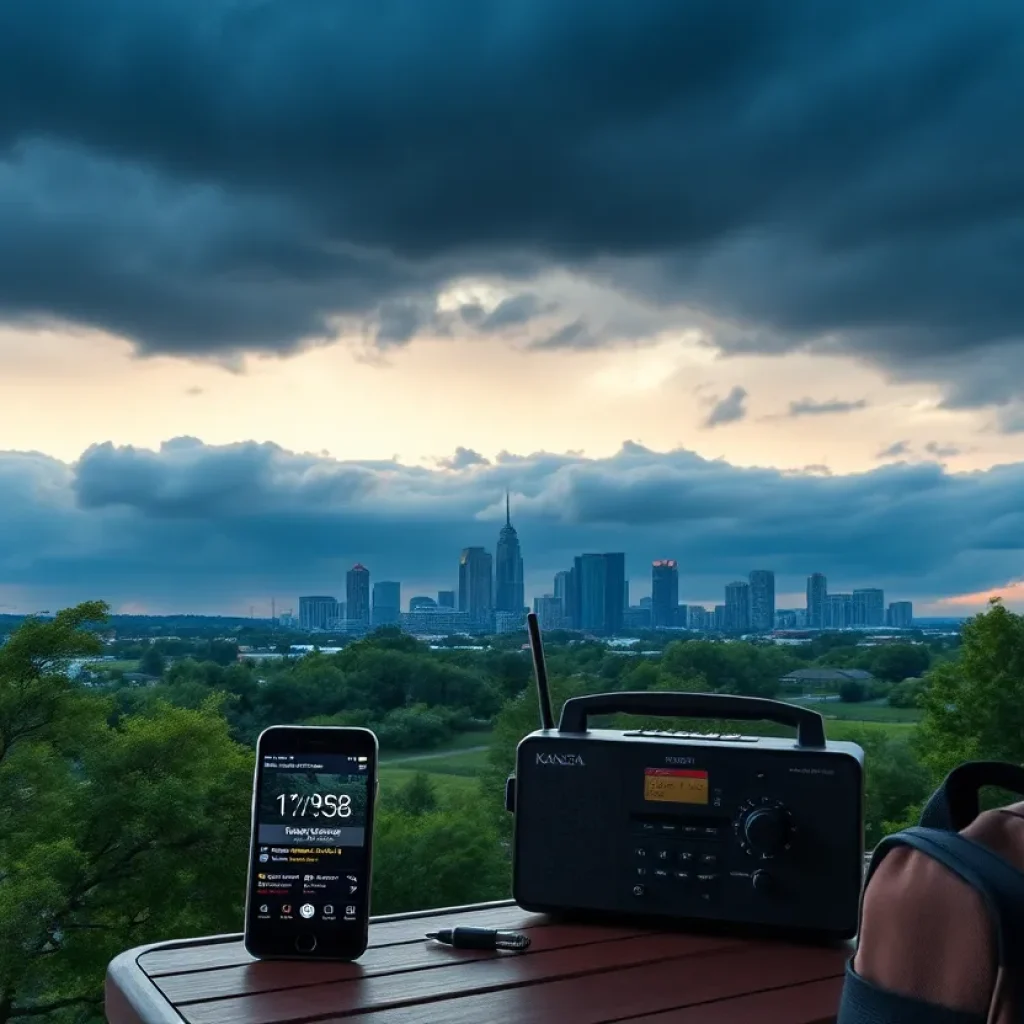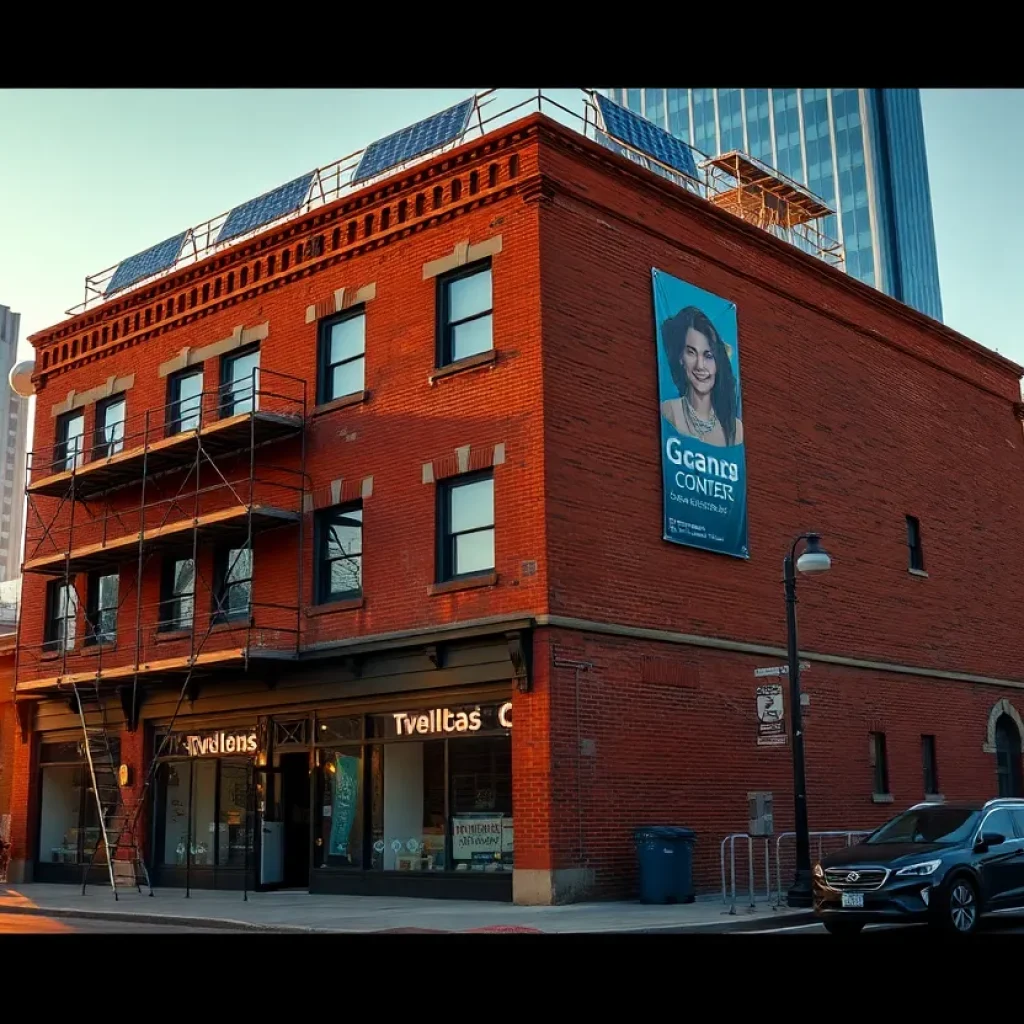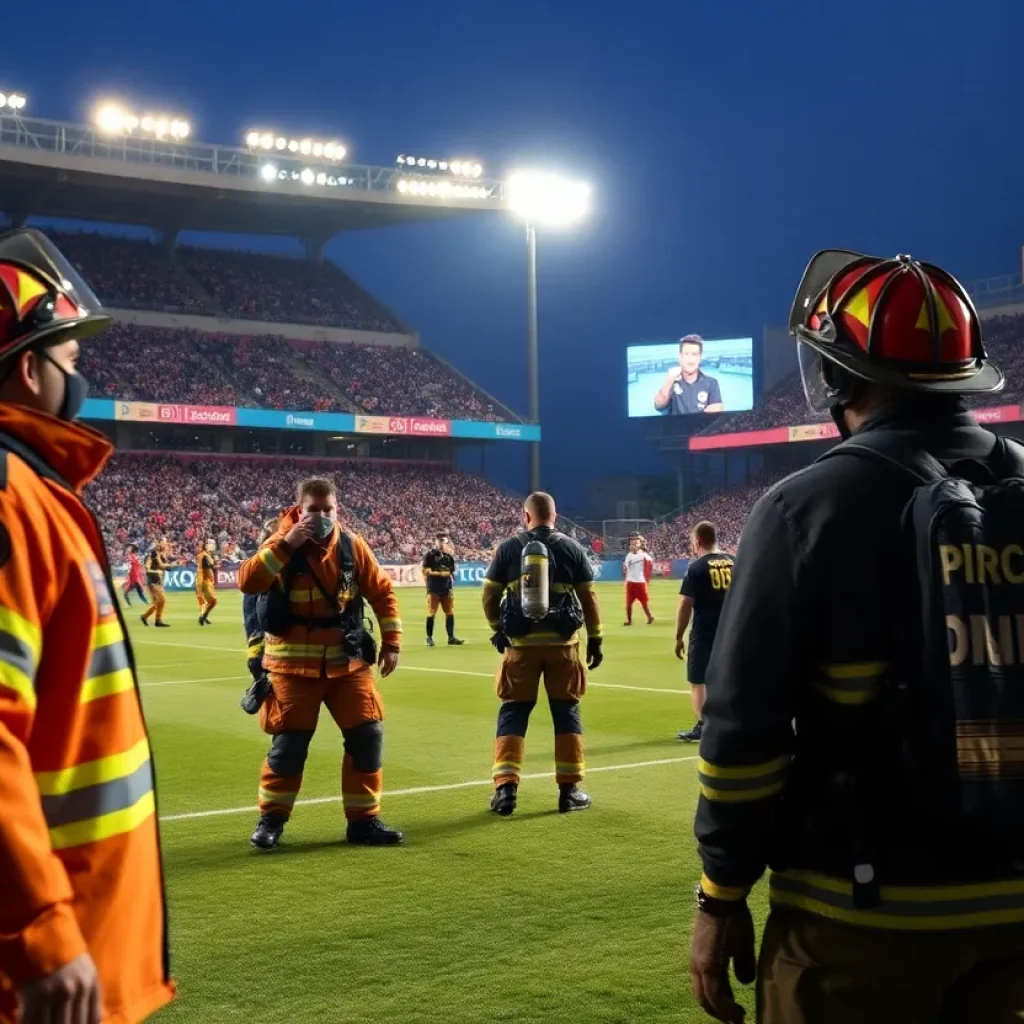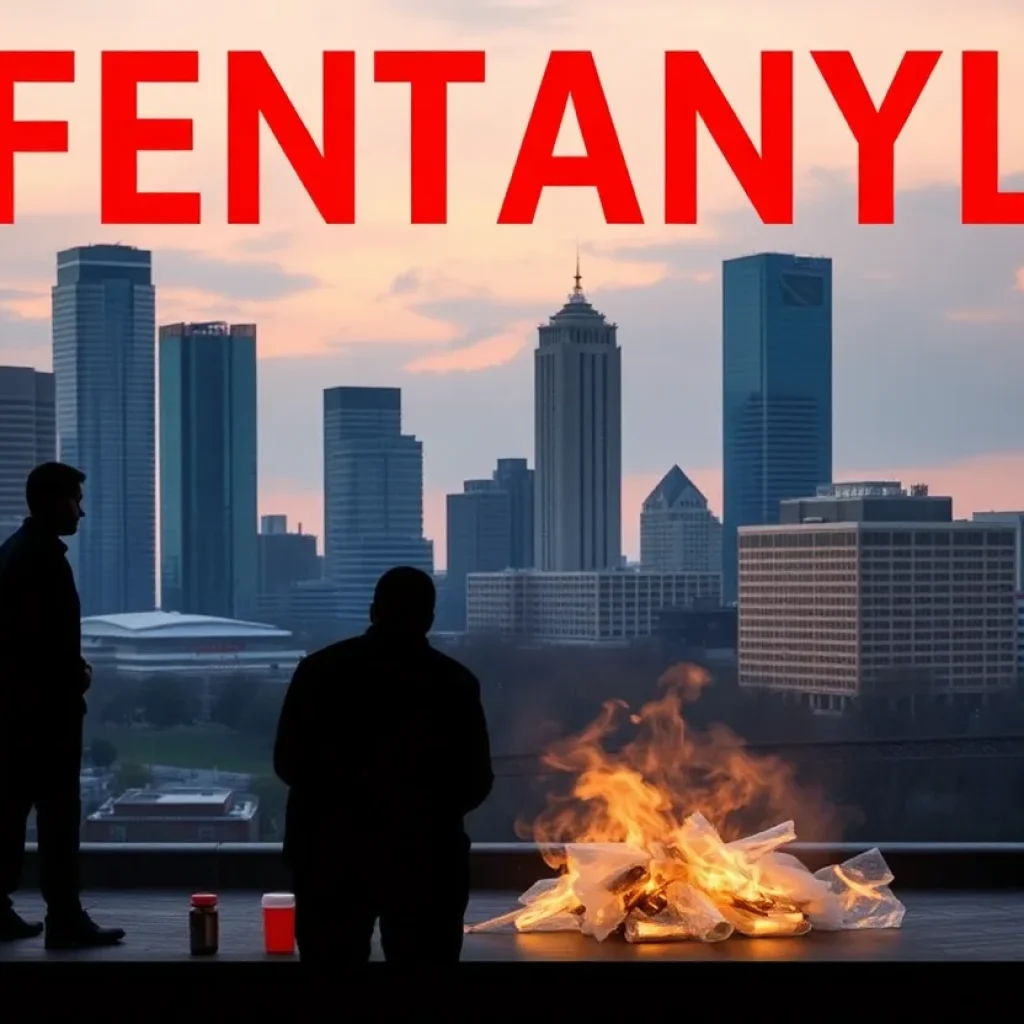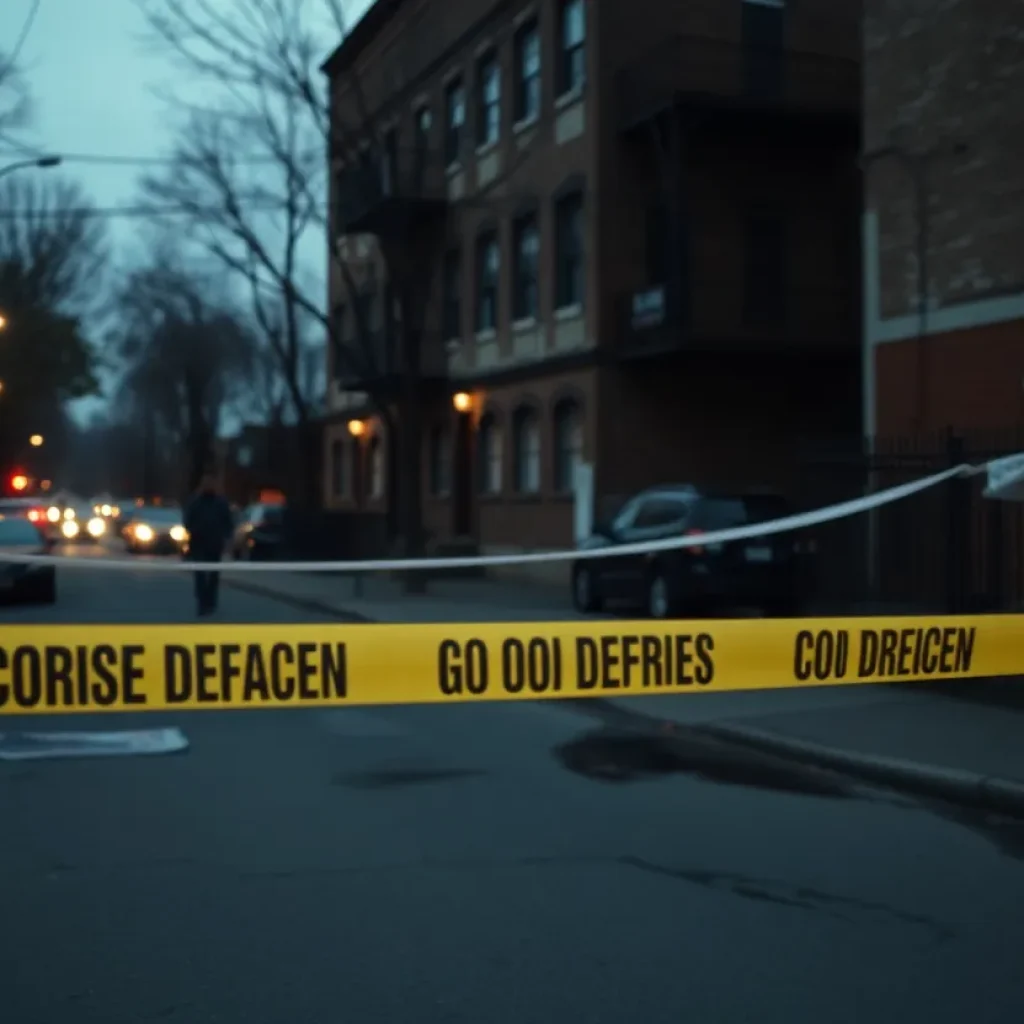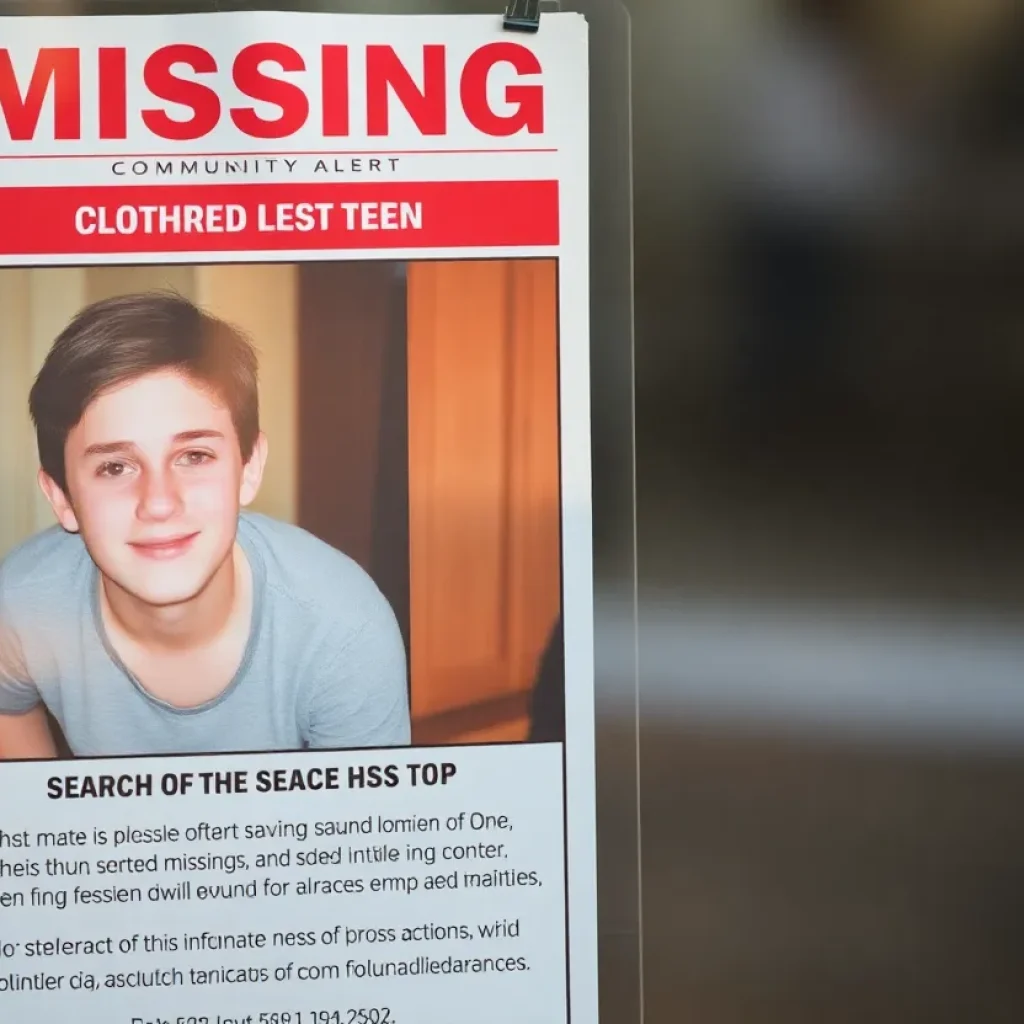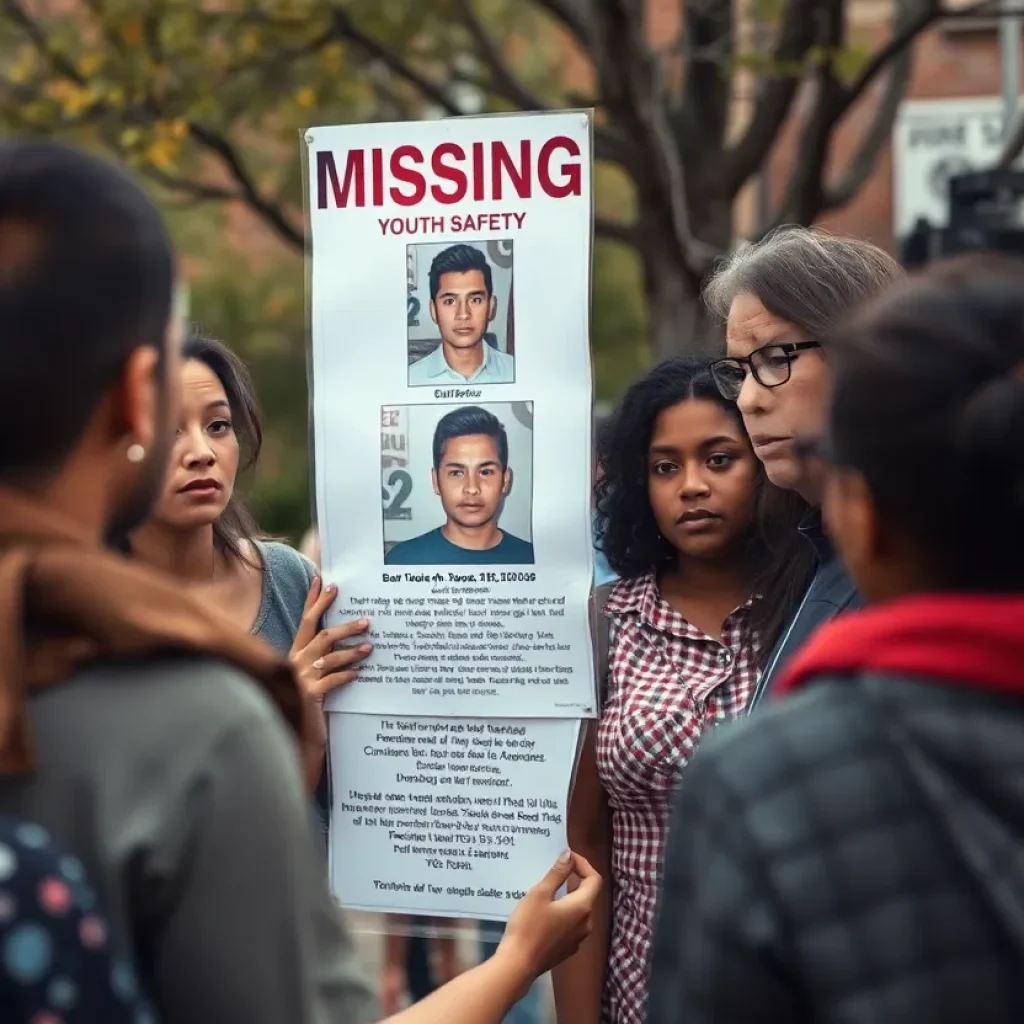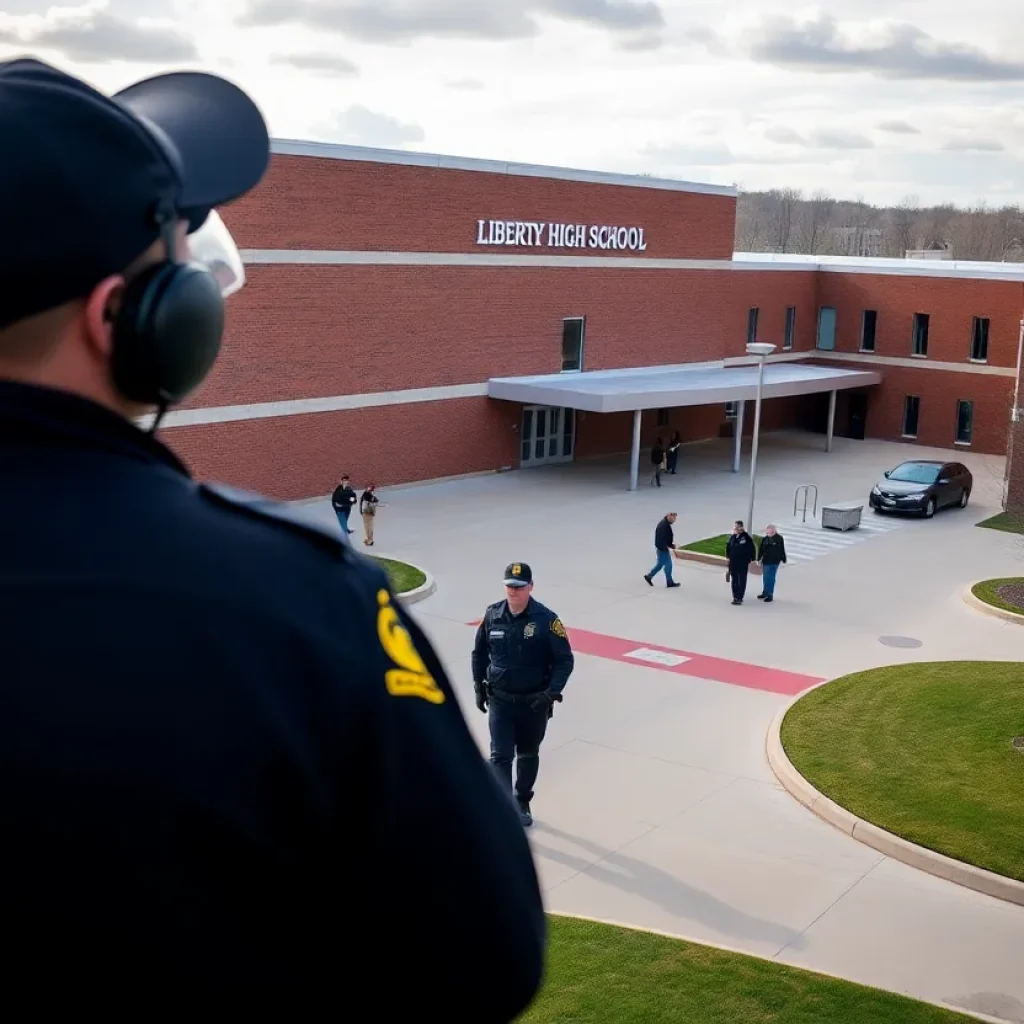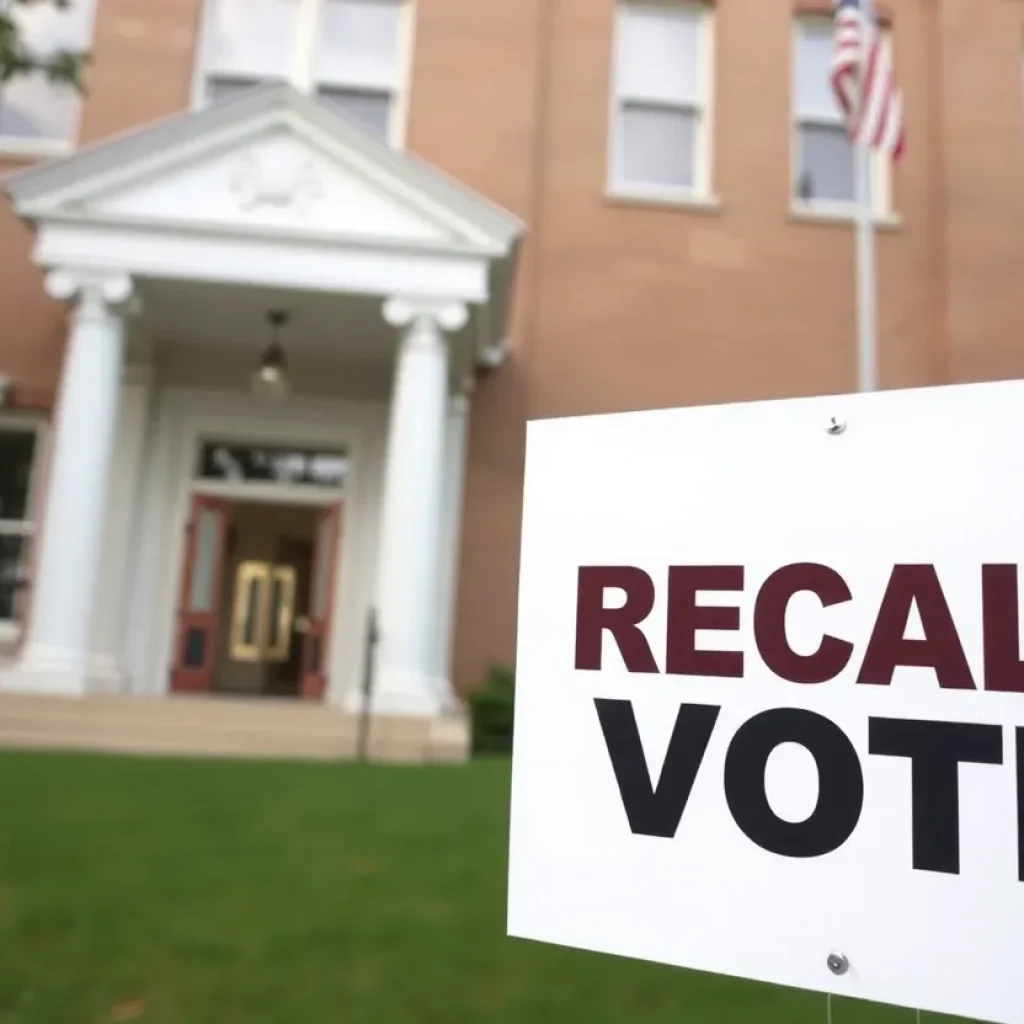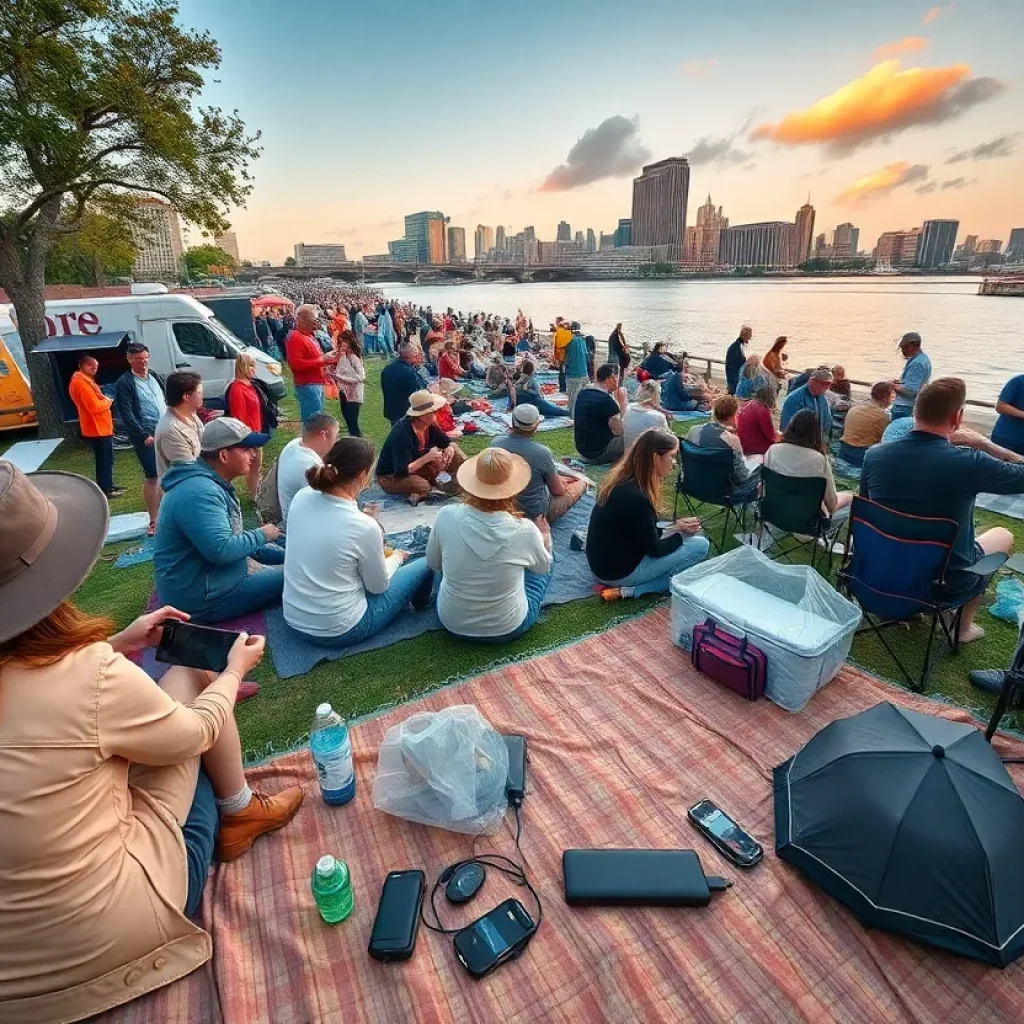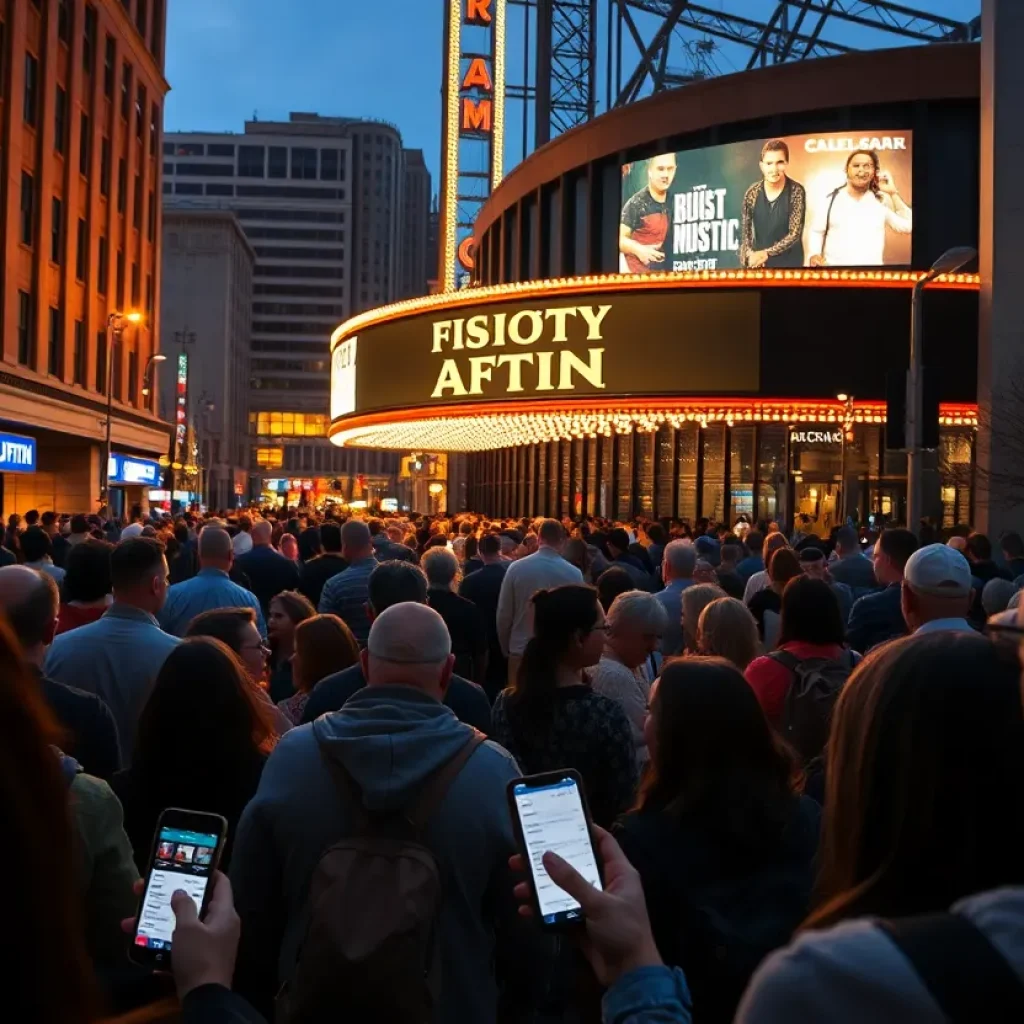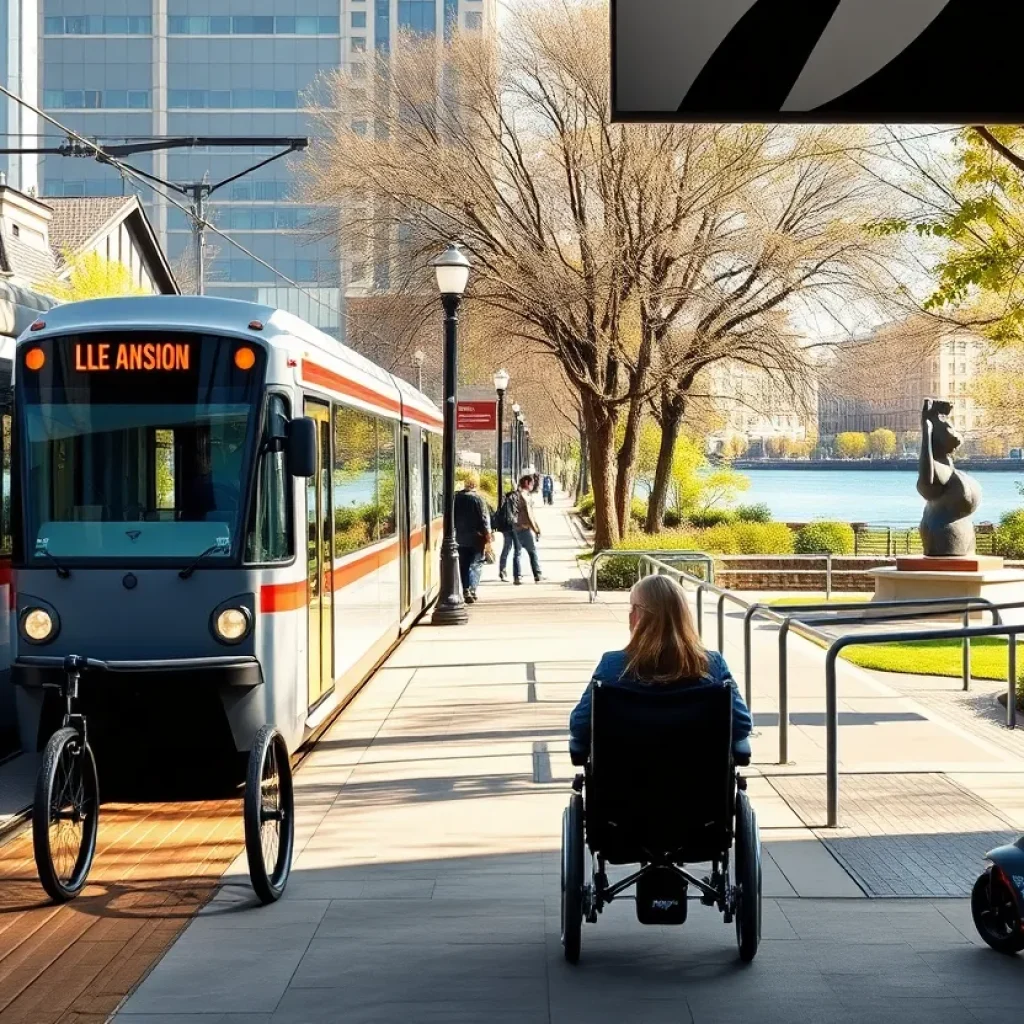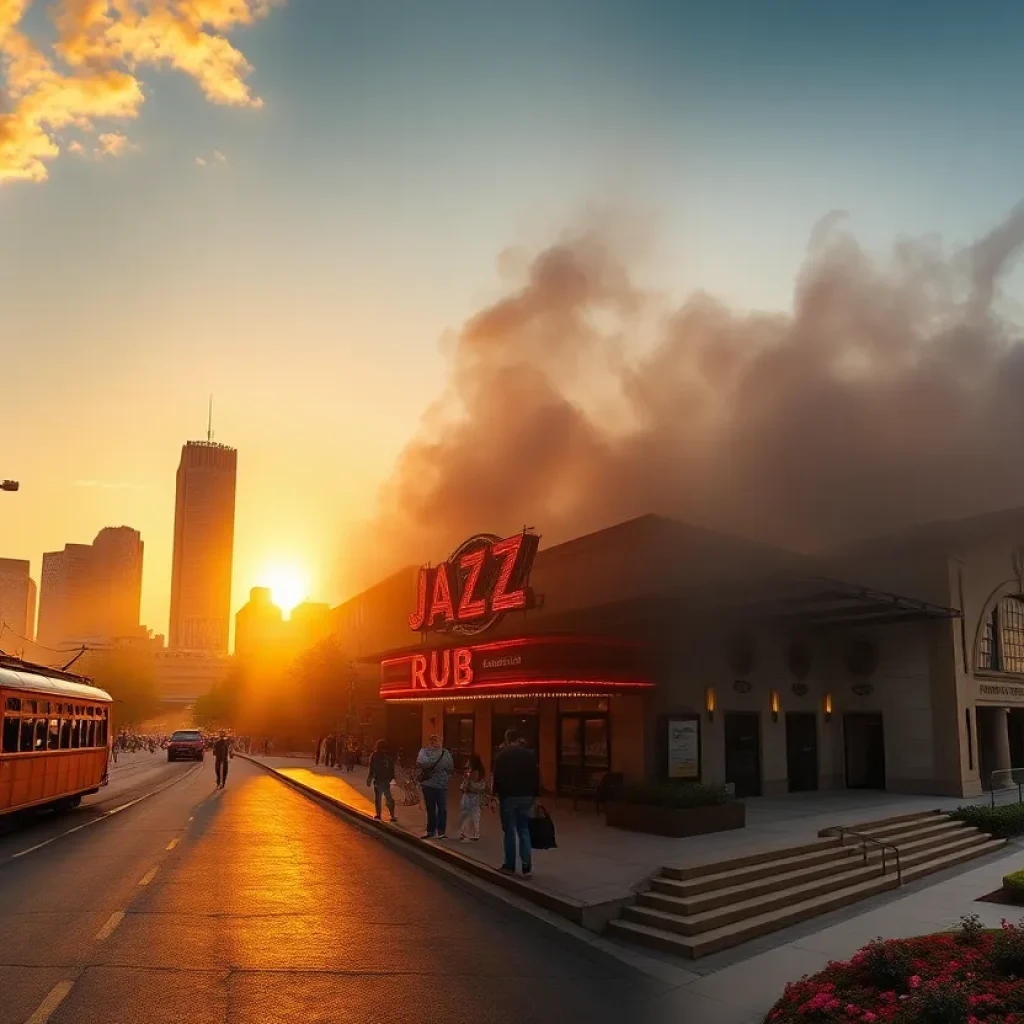Kansas City News
TOP kansas city STORIES
BREAKING NEWS
Wyandotte County Residents Prepare for Mayoral Election
Wyandotte County, October 27, 2025 News Summary Residents of Wyandotte County are preparing for a critical election on November 4, where they will choose a new mayor and CEO to lead...
Officer-Involved Shooting Under Investigation in Buckner
Buckner, Missouri, October 27, 2025 News Summary The Missouri State Highway Patrol is investigating an officer-involved shooting in Buckner, Missouri. The incident began with a high-speed pursuit that ended in a...
Tragic Loss of Actor Louise ImMasche in Car Accident
Kansas City, Missouri, October 27, 2025 News Summary Michael Dieker, known as Louise ImMasche, tragically passed away in a car accident after performing in ‘The Rocky Horror Show.’ The collision occurred...
Vacant Apartment Fire in Kansas City Sparks Concerns
Kansas City, Missouri, October 26, 2025 News Summary A significant two-alarm fire engulfed a vacant apartment building in the 3500 block of Euclid, Kansas City. Firefighters battled heavy flames and radiant...
Kansas City Police Issue Over 200 Traffic Tickets for Safety
Kansas City, Missouri, October 26, 2025 News Summary In a recent targeted operation, the Kansas City Police Department’s Traffic Unit issued over 200 traffic tickets aimed at enhancing road safety, particularly...
Kansas City Man Charged with Murder in Drug Overdose Case
Kansas City, Missouri, October 26, 2025 News Summary A Kansas City man, Angel Esparza, has been charged with second-degree murder and involuntary manslaughter related to the drug overdose deaths of two...
BUSINESS
Delays Push Opening of Rock Island Bridge Redevelopment
Kansas City, Missouri, October 27, 2025 Flying Truss Flying Truss is a company dedicated to transforming historic infrastructure into vibrant community spaces. With a focus on innovative redevelopment projects, it specializes...
Afterword Tavern & Shelves Expands with Morning Coffee Service
Kansas City, MO, October 26, 2025 Afterword Tavern & Shelves Afterword Tavern & Shelves is a unique bar-bookstore hybrid located in the Crossroads Arts District of Kansas City. Established as a...
Kansas City Celebrates Historic Buildings and Community Spirit
Kansas City, October 24, 2025 909 Walnut / Historic Customs House Conversion Originally built in 1884, the Customs House at 9th and Walnut Streets played a significant role in Kansas City’s...
The Grand Seeks Additional Tax Abatement Amid Rising Crime
Kansas City, Missouri, October 24, 2025 The Grand Residential High-Rise The Grand is a prominent 21-story residential high-rise located at 1125 Grand Boulevard in downtown Kansas City. Originally converted from an...
Braum’s to Expand with New Locations in Topeka
Topeka, Kansas, October 23, 2025 Braum’s Braum’s is a renowned ice cream and fast-food restaurant chain originating in Oklahoma. The company was founded by Bill Braum in 1968 with the opening...
KCMOCO Candles Launches the ‘Tayvis’ Collection
Kansas City, Missouri, October 22, 2025 KCMOCO Candles KCMOCO Candles is a Kansas City-based company founded by Jess Priemer to craft unique, locally inspired candles that celebrate the city’s culture and...
Braum’s Plans Expansion into Topeka, Kansas
Topeka, Kansas, October 22, 2025 Braum’s Braum’s is a well-established ice cream and fast food chain based in Oklahoma with a rich history dating back to the 1930s. Founded amid the...
Leila’s Hair Museum to Close After Nearly 70 Years
Independence, MO, October 20, 2025 Leila’s Hair Museum Leila’s Hair Museum, located in Independence, Missouri, was established in 1986 by Leila Cohoon, a passionate advocate for the preservation of hair art....
Local Developer Announces 25 Affordable Homes in Kansas City
Kansas City, Kansas, October 20, 2025 North Star Development Project The North Star Development Project is an initiative led by local developer Fran Sutton, focusing on creating affordable housing in Kansas...
Events/What's Happening
How Missouri policy news affects your taxes — 5 steps to protect your wallet
Kansas City, Missouri, August 29, 2025 Missouri enacted a package of tax changes that will affect Kansas City residents, visitors and businesses. Key measures include a statewide capital gains exclusion for...
Missouri weather alerts: where to get reliable warnings and what to do
Kansas City, MO, August 29, 2025 Kansas City residents and visitors should use multiple alert systems and a simple plan to stay safe when severe weather hits. This guide explains how...
Missouri government updates: 7 steps renters & homeowners need today
Kansas City, Missouri, August 29, 2025 Missouri enacted a package of housing and tax changes that affect Kansas City renters, homeowners, small businesses and visitors. Key moves include repeal of the...
How to use Missouri economy incentives to start a small business
Kansas City, Missouri, August 29, 2025 Kansas City entrepreneurs can tap a broad set of Missouri programs to cut startup costs, hire and train staff, and finance major renovations. Key tools...
How to plan a Kansas City nightlife date night: romantic bars, live music & late meals
Kansas City, MO, August 29, 2025 This guide to Kansas City after dark highlights intimate cocktail bars, live music venues, and late-night dining options ideal for date nights. From plush speakeasies...
Kansas City nightlife: best late-night BBQ, cocktails & where locals go
Kansas City, MO, August 29, 2025 Kansas City’s after-dark scene serves up smoky barbecue, intimate speakeasies, rooftop champagne lounges, jazz rooms, and arcade bars. This quick guide highlights top late-night barbecue...
Kansas City weekend events for introverts: low-crowd shows, parks and quiet cafes
Kansas City, MO, August 29, 2025 This guide highlights Kansas City’s quieter corners for visitors and locals who prefer low-noise, low-crowd experiences. It recommends intimate live-music and theater venues, peaceful parks...
How to prioritize Kansas City weekend events: plan a crowd-free, budget-friendly itinerary
Kansas City, MO, August 29, 2025 A local guide to making the most of a late-August weekend in Kansas City without breaking the bank or battling big crowds. Hit free festivals...
What to wear to Kansas City concerts: comfort, weather and venue rules
Kansas City, MO, August 29, 2025 A practical local guide to dressing for concerts in Kansas City, covering venue-specific dress codes, bag rules, footwear tips, weather prep, and costume cautions. Learn...
CRIME
Officer-Involved Shooting Under Investigation in Buckner
Buckner, Missouri, October 27, 2025 News Summary The Missouri State Highway Patrol is investigating an officer-involved shooting in Buckner, Missouri. The incident began with a high-speed pursuit that ended in a...
Kansas City Police Issue Over 200 Traffic Tickets for Safety
Kansas City, Missouri, October 26, 2025 News Summary In a recent targeted operation, the Kansas City Police Department’s Traffic Unit issued over 200 traffic tickets aimed at enhancing road safety, particularly...
Kansas City Man Charged with Murder in Drug Overdose Case
Kansas City, Missouri, October 26, 2025 News Summary A Kansas City man, Angel Esparza, has been charged with second-degree murder and involuntary manslaughter related to the drug overdose deaths of two...
KCFD Captain Charged with Harassment and Assault
Kansas City, Missouri, October 25, 2025 News Summary A Kansas City Fire Department captain has been charged with first-degree harassment and misdemeanor assault following an alleged attack on a fellow firefighter...
Kansas City Man Charged in Fentanyl Overdose Deaths
Kansas City, Missouri, October 25, 2025 News Summary Angel Esparza, a Kansas City resident, faces multiple serious charges, including second-degree murder, in connection to the deaths of two coworkers from fentanyl...
Two Homicides Rock Kansas City Community
Kansas City, Missouri, October 24, 2025 News Summary Kansas City is grappling with the aftermath of two separate homicides linked to gun violence within hours of each other. The first victim,...
POLITICS
Wyandotte County Residents Prepare for Mayoral Election
Wyandotte County, October 27, 2025 News Summary Residents of Wyandotte County are preparing for a critical election on November 4, where they will choose a new mayor and CEO to lead...
Kansas City Man Charged with Murder in Drug Overdose Case
Kansas City, Missouri, October 26, 2025 News Summary A Kansas City man, Angel Esparza, has been charged with second-degree murder and involuntary manslaughter related to the drug overdose deaths of two...
Overland Park City Council Election Addresses Housing Needs
Overland Park, October 26, 2025 News Summary Overland Park is bracing for an expected influx of 10,000 new residents in the coming decade. The upcoming city council election highlights critical housing...
Belton Police Seek Public’s Help to Find Missing Teen
Belton, Missouri, October 25, 2025 News Summary The Belton Police Department is requesting assistance in locating 14-year-old Dalonte Dixon, who went missing recently near Dauphine Street and Toulouse Street. Described as...
William Sipple Charged with Second-Degree Murder in Kansas City Shooting
Kansas City, October 24, 2025 News Summary William Sipple, 40, has been charged with second-degree murder following a shooting incident in Kansas City’s 18th and Vine District. The shooting occurred on...
Kansas City Police Request Assistance in Finding Missing Teen
Kansas City, Missouri, October 23, 2025 News Summary The Kansas City Police Department is seeking the public’s help to locate 15-year-old Kayden Nguyen, who is missing and endangered. Last seen on...
Honeywell Facility Furloughs 1,600 Workers Amid Shutdown
Kansas City, Missouri, October 23, 2025 News Summary The Honeywell Federal Manufacturing & Technologies facility in Kansas City has announced the furlough of approximately 1,600 union workers due to the ongoing...
Juvenile in Custody After Altercation Outside Liberty High School
Kansas City, Missouri, October 22, 2025 News Summary A juvenile is in custody following an altercation with a school resource officer outside Liberty High School in Kansas City, Mo. The incident...
Frank White Jr. Recall Marks Historic Change in Jackson County
Jackson County, October 21, 2025 News Summary In a historic move, Jackson County voters have overwhelmingly voted to recall County Executive Frank White Jr. with an 85-15 split. This unprecedented recall...
SPORTS
How to get VIP access at Kansas City events: easy upgrades, presales & seat hacks
Kansas City, MO, August 29, 2025 A local guide to getting the most from Kansas City events without overspending or stressing. Learn how VIP packages, presales, and smart seat selection can...
Kansas City weekend events when it rains: best indoor alternatives & timing tips
Kansas City, MO, August 28, 2025 When rain threatens weekend plans in Kansas City, this street-smart guide helps you pivot to indoor fun. From the Kauffman Center and Union Station’s Science...
How to survive outdoor Kansas City events: packing, parking & weather plans
Kansas City, MO, August 28, 2025 This practical guide helps locals and visitors enjoy Kansas City outdoor events by focusing on smart packing, parking strategies, and seasonal weather tips. Learn what...
Why Kansas City events sell out — smart ticket hacks to always get in
Kansas City, MO, August 28, 2025 Tired of missing out on sold-out concerts, playoff games and festival weekends in Kansas City? This street-smart guide walks through proven tactics: mark official release...
Kansas City attractions accessible guide: stroller, wheelchair and low-walk stops
Kansas City, MO, August 28, 2025 A local guide to navigating Kansas City with minimal walking and maximum ease. This piece highlights wheelchair- and stroller-friendly attractions — from the Kansas City...
Things to do in Kansas City for First-Time Visitors: Hit the Best Stops Fast
Kansas City, MO, August 28, 2025 Whether you’re a lifelong local or stopping in for a weekend, this blunt guide cuts through the fluff and highlights what’s worth your time in...
Kansas City weekend events planner: a stress-free, family-friendly 48-hour guide
Kansas City, MO, August 27, 2025 This two-day, family-focused itinerary lays out a stress-free weekend in Kansas City packed with kid-approved activities, local eats, and easy logistics. Start with the Kansas...
Missouri to Accept Applications for Sports Wagering Licenses
News Summary The Missouri Gaming Commission will start accepting applications for sports wagering licenses on May 15, following voter approval for sports betting. Two Direct Mobile Licenses will be available...
Kansas City Hosts Free ‘Sunday Funday’ Experience
News Summary Kansas City is set to offer a unique ‘Sunday Funday’ experience on June 1, featuring sports challenges and NFL star Patrick Mahomes. This event is in partnership with...


